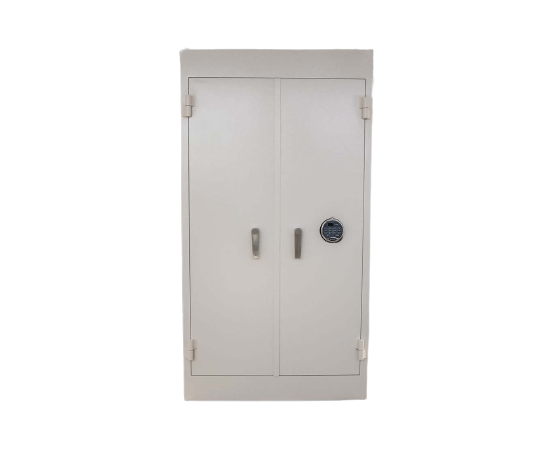Keeping your valuable items safe can be very challenging. You would definitely want your items close to you at all times or just kept inside your house. But, there are instances where your house is the most dangerous place to safeguard your valuable items and documents. This is the reason why a depository safe should always be part of your options.
Depository storage spaces offer more security than a regular home safe. But, there are a few things that you should know if you plan to keep your important items and documents there. Let’s find out some of the dos and don’ts of using a depository vault.
Things You Can Do with a Depository Safe

-
Store your Property Records
One of the most important documents that a normal household has is the property records. You will have to go through a lot of legal steps if you accidentally misplaced your property records or someone stole them. Here are some of the property records that you should keep in a depository storage space:
- Title Survey: This is a very important document that would help you prove that you own the property in case someone files a dispute against you.
- Settlement Documents: These papers will tell you the amount that you paid for a certain property. This is needed for tax purposes, especially if you already plan to sell your house.
- Property Survey: This document will show the boundaries of the property that you own. If your neighbor is trying to build something on your property, you can use this to file a dispute against them.
- Deed: This is a document needed to prove that you’re the owner of the property records. It will be required if you are going to sell your house.
The best thing to do is to keep these records in your safe deposit box and always keep a few photocopies of these documents.
-
Store your Personal Records
All the documents that are related to you and your family should always be kept in safe storage. Although getting a home safe would be a good idea, there is still a chance that these records would be misplaced.
Make sure that your birth certificates, marriage certificates, divorce papers, death certificates, or more and kept in the safe deposit box. Just like the property records, you should keep a few photocopies of the documents.
-
Get a Duplicate of your Key
When you get a safe in the bank, you are given a key to access the items inside. There are multiple security measures in place before you can access the safe.
The best thing to do is to duplicate your key and get at least three copies. This is to make sure that even if you misplaced one of the keys, you still have a duplicate.
-
Keep Things that You Don’t Need Often
No matter how secure depository vaults are, it won’t be a good idea if you plan to keep items that you need regularly. The safes are located in the bank so if you need to access something, you need to go there personally.
You cannot ask your friend or relatives to get the item for you. Only the owner who signed with the bank can access the content of the safe.
It’s the reason why you should only keep important documents and valuable items that you don’t need to access often. If you need a very important item regularly and you want to keep it safe and secure, get a home vault.
Things You Can’t Do with a Depository Safe

-
Don’t Keep Cash in your Safe
You should never keep your cash inside your safe. Although you are allowed to do so, it is better to deposit them in the bank. By keeping your money in the bank, you also earn interest every month. You won’t earn money by putting it inside a safe.
-
Don’t Store your Firearms
Although it’s not completely prohibited to store firearms, they are not supposed to be stored there. Well, if the gun is very sentimental to you and you want to keep it as a memento then go ahead and put it inside your safe deposit box.
Also, safe deposit boxes are usually very small. It can only hold a small handgun so if you have a bigger firearm, then it won’t fit inside. You can also check the rules and regulations about deposit boxes in your location when it comes to firearm storage.
-
Don’t Store Uninsured Items
Safe deposit boxes are safe, but you can’t guarantee that they would be safe against damage. There are instances of theft as well, especially if someone got the key to the safe.
If you have uninsured items inside, it’s better to remove them or include them on the insurance. If a fire or flood destroys your items, you won’t get any reimbursement.
-
Don’t Put All your Valuable Items Inside
It’s not a good idea to store everything in a safe deposit box. It’s completely different from a home safe where you can access the contents anytime you need them.
Make sure that you also have a home vault where other valuables can be kept. Just make sure that all the things that you do not want anyone to see or access is kept in a safe deposit box.
Final Thoughts
Safety deposit boxes can be a great option if you have a lot of confidential items and documents that you want to protect. Home safes can still be opened and accessed by anyone with the right tools so it’s better to have another layer of protection.
With a safe deposit box, you are the only person who can access the contents of the box. The bank won’t have any spare keys for the safe so you are the only one who can access whatever is kept inside it. You will have to pay for space every month, but it is totally worth it. Having a depository safe inside your house can also be a good choice. But, make sure that it is always hidden from prying eyes.








